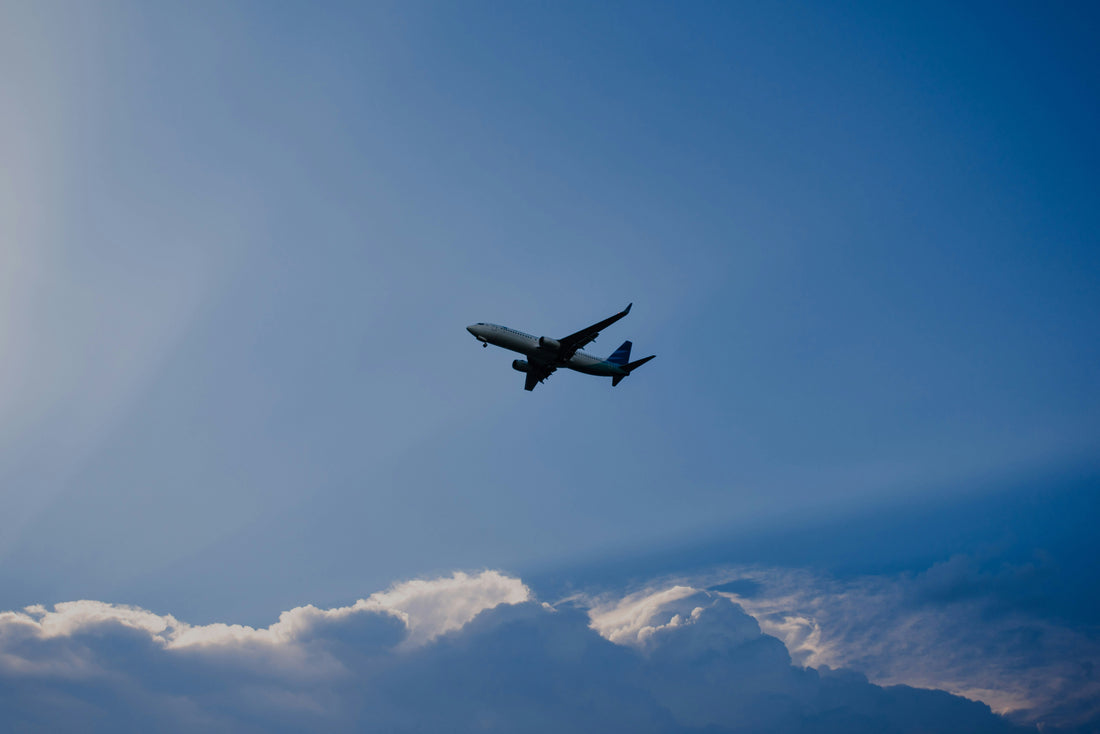The rise of dental tourism
“Turkey teeth” has become a familiar term in the UK, referring to cosmetic and restorative treatments many patients now seek abroad at a fraction of the UK cost. Popular destinations include Turkey, Hungary, and Poland.
A 2022 survey found that 95% of British dentists had examined patients who had travelled abroad for treatment, and 86% reported complications. Crowns and implants were the most common treatments requiring follow-up. With around 3-4 million people worldwide travelling for dental care each year, this trend is only growing.
Risks for patients and responsibilities for clinicians
While cost savings are significant - a full-mouth restoration can cost £20,000 in the UK versus £2,000 in Turkey - risks include:
- Overtreatment and invasive procedures.
- Lack of detailed clinical documentation.
- Complications such as implant failure or infection.
The GDC’s Standards for the Dental Team make clear that UK clinicians must support patients returning from overseas treatment, but always within their competence. Complex issues like infected multi-unit bridges or failed implants may require referral.
Flying after treatment: barotrauma and barodontalgia
Air travel shortly after treatment can introduce further risk. Pressure changes during flights can cause:
- Barotrauma - especially after sinus lift surgery, leading to pain and inflammation.
- Barodontalgia - toothache linked to gas expansion in necrotic or restored teeth.
Advice for patients:
- Wait 24 hours after a restoration.
- 24–48 hours after a simple extraction.
- 72 hours after implant placement.
- At least 2 weeks after sinus lift or bone grafting.
Why interdental cleaning is critical
Even with restorations placed abroad, good oral hygiene determines long-term success. Brushing alone is not enough, research shows that 50% of patients who only brushed their implants developed peri-implantitis.
Water flossing offers clear advantages:
- Reduces bleeding index by 15–17% in 4 weeks (not seen with string floss).
- Around implants, 81.8% of patients using a water flosser saw reduced bleeding on probing, compared with 33.3% using string floss.
Why HCPs should recommend Waterpik
For patients returning from treatment abroad, recommending Waterpik™ helps reduce risks and maintain long-term restoration health:
- Removes up to 99.9% of plaque bacteria from treated areas (in vitro).
- Twice as effective as string floss for improving gum health around implants (Plaque Seeker™ Tip).
- Lightweight, travel-friendly, and the only water flosser approved by the Oral Health Foundation.
Conclusion
Dental tourism is unlikely to slow down. UK clinicians play a vital role in advising patients before they travel, supporting them after treatment, and guiding them towards effective hygiene routines. By recommending Waterpik™, HCPs can help patients protect their restorations, reduce complications, and maintain gum health for the long term.
About the author
Sharon Kidd qualified as a dental nurse at The Royal London Dental Hospital in 1989 and trained as a dental hygienist in the Royal Army Dental Corps in 1993. She has experience across hospitals, domiciliary care, military, private, and general practice. Sharon has a special interest in supporting neurodiverse and nervous patients, combining clinical expertise with compassionate care.
